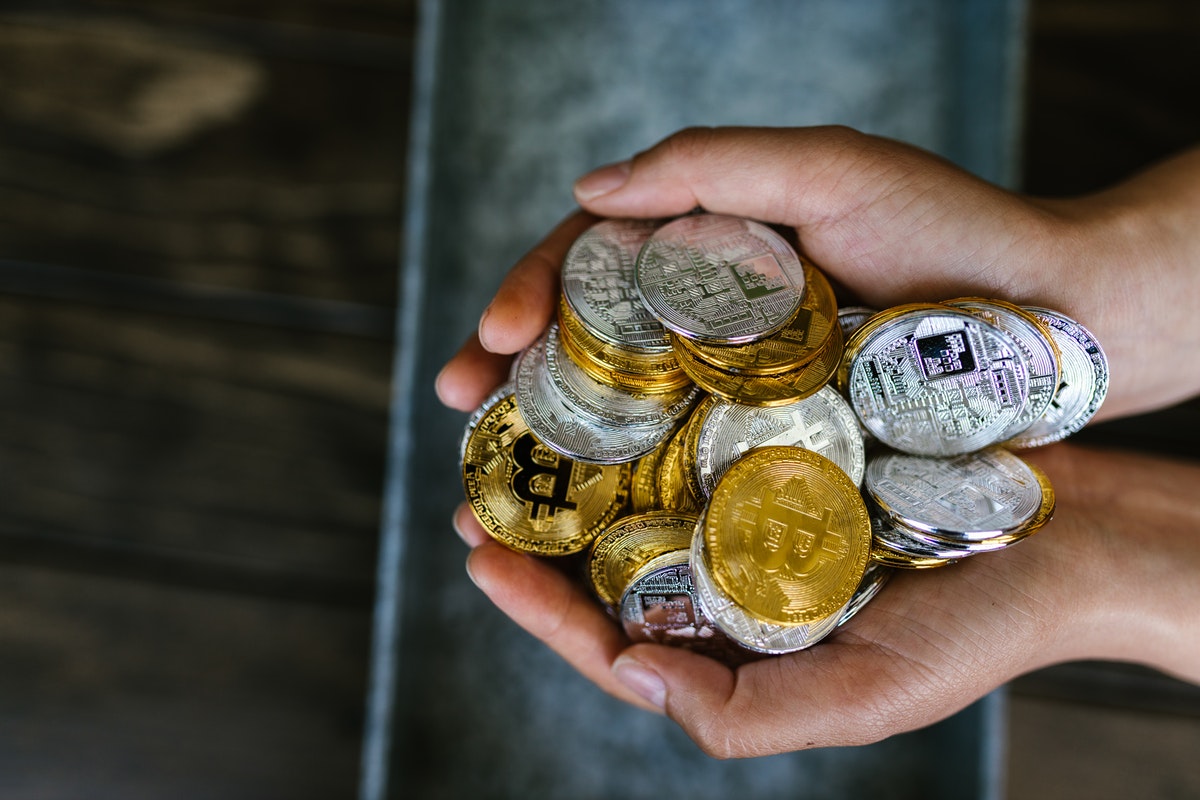Regulations On Cryptocurrencies Around the World

I ntroduction
As digital currencies spread across the globe, regulations on cryptocurrencies are put in place to try and govern them. The crypto scene is continually developing, and staying up with the latest rules in various regions is difficult. State-run administrations throughout the globe stay divided on the most proficient method to regulate the arising assets class. Below, we break down the current cryptocurrency regulatory framework by different nations to assist you with exploring the different authoritative positions towards cryptographic forms of money and the exercises related to them.
The USA
Regardless of the US's many digital currency investors and blockchain firms, the nation hasn’t yet made a unique administrative system for the resource class. The Financial Crimes Enforcement Network (FinCEN) doesn’t consider digital forms of money as a legitimate tender yet considers crypto exchanges to be cash transmitters on the premise that digital money tokens are another value that substitutes for money.
Canada
Controllers have taken a proactive position toward crypto in Canada. It is marked as the first nation to support a Bitcoin exchange-traded fund (ETF) in February 2021. Furthermore, the Canadian Securities Administrators (CSA) and the Investment Industry Regulatory Organization of Canada (IIROC) have explained that crypto exchanging platforms and vendors in the nation should enroll with common controllers. Cryptographic forms of money are not lawful tender in Canada but can be utilized to purchase products or in stores that acknowledge them.
China
The emerging world power doesn’t class digital currencies as legitimate tender; nonetheless, it orders them as property for the reasons of deciding legacies. The people’s Bank of China (PBOC) restricts crypto trades from working in the nation, expressing that they work with public financing without approval. The world’s biggest crypto trade, Binance, first launched in China yet migrated its HQ to the Cayman Islands in 2017 after its crackdown on crypto began.
The UK
The UK's way of dealing with cryptocurrency regulations has been measured however it has matured much in the post-Brexit economic landscape. The UK affirmed in 2020 that crypto resources are property, it has no particular digital currency laws, and cryptographic forms of money are not viewed as legitimate tender. The digital currency trades should enroll with the U.K. Financial Conduct Authority (FCA) and is restricted from offering crypto subordinates exchanging.
The European Union
Cryptocurrencies are extensively viewed as legitimate across the European Union. However, digital money trade guidelines rely upon individual member states. Cryptocurrency tax assessment likewise fluctuates, yet numerous member states charge capital gains tax on cryptographic money inferred benefits at paces of 0-50%. In September 2020, the Markets in Crypto-Assets Regulation (MiCA) system enhances purchaser assurances, builds up clear crypto industry leaders, and presents new licensing prerequisites.
Japan
Japan at present has the world’s most moderate regulatory environment for cryptocurrencies and perceives Bitcoin and other digital monetary standards as legitimate property under the Payment Services Act (PSA). Following those guidelines, crypto trades in the nation should enlist with the Financial Services Agency (FSA) and consent to AML/CFT commitments. Japan is the world’s greatest market for Bitcoin, and, in December 2017, the National Tax Agency decided that gains on digital forms of money ought to be categorized as miscellaneous pay.
India
In India, digital currencies are not lawful tender. Despite this, the country’s Focal Leading Board of Direct Taxation indicates that financial backers should pay taxes on crypto trading revenue. In 2018, the Reserve Bank of India (RBI) restricted monetary organizations from transacting in cryptocurrencies; Later, the High Court turned around this choice in March 2020.
Australia
Australia groups digital forms of money as lawful property, making them subject to capital gains tax. The administrator explicitly said that Bitcoin (and cryptographic forms of money that have common qualities) ought to be treated as property and are subjected to Capital Gains Tax (CGT). Trades are allowed to work in the nation, given that they register with the Australian Transaction Reports and Analysis Centre (AUSTRAC) and meet all AML/CTF terms.
Conclusion
Most countries don’t make utilizing cryptocurrencies unlawful; it is used as a method for payment or as a commodity with varying administrative ramifications. With many new tokens offered every month, it can disturb financial policies across the globe. The regulations on cryptocurrencies fall under the area of the SEC for the venture, the CTFC for any violations, including interstate trade, and the IRS is subjected to one or the other revenue or a capital gains charge.
-
This post is tagged in:
- Cryptocurrency Regulations
- Laws For Cryptocurrency




